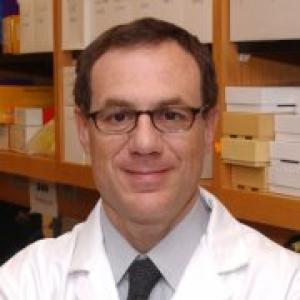The Pacifici laboratory has pioneered the field of osteoimmunology and osteomicrobiology. The current main focus of the laboratory is the role of the microbiome in bone in health and disease. We are also interested in the mechanism of action of probiotics in bone. The laboratory is specialized in conducting in vivo studies in mice treated with PTH or subjected to ovariectomy. We use genetic models, retroviral transduction, bone marrow transplantation, T cell transfer and in vivo treatments with hormones, cytokines, antibodies and probiotics. Typical end points include sophisticated flow cytometric analysis of bone marrow cells and microCT and histomorphometric analysis of bone structure. The lab is equipped with in vivo and in vitro microCT scanners.
We have been the first to recognize that T cells play a pivotal role in the mechanism of action of estrogen and PTH in bone by regulating osteoclast and osteoblast development and function. More recently we have shown that the gut microbiome plays a role in mediating the skeletal response to estrogen deficiency and PTH. We have shown that mice lacking T cells are protected against the bone loss induced by estrogen deficiency and hyperparathyroidism. We have has also shown that T cells regulate the number and function of mesenchymal stem cells. We have investigated the mechanism by which T cells mediate the expansion of hemopoietic stem cells caused by estrogen deficiency and PTH. Another main focus is to understand why intermittent PTH treatment causes bone anabolism while continuous PTH treatment causes bone loss. We hypothesize that the response to PTH depends on the effects of this hormone on T cell production of Wnt10b and TNF. We are currently investigating the mechanism of action of probiotics in bone, and conducting a clinical trial to determine the efficacy of the probiotic VSL#3 in preventing postmenopausal bone loss.
The Pacifici laboratory is currently supported by 3 RO-1 grants, 1 DOD grant and a T32 grant.


